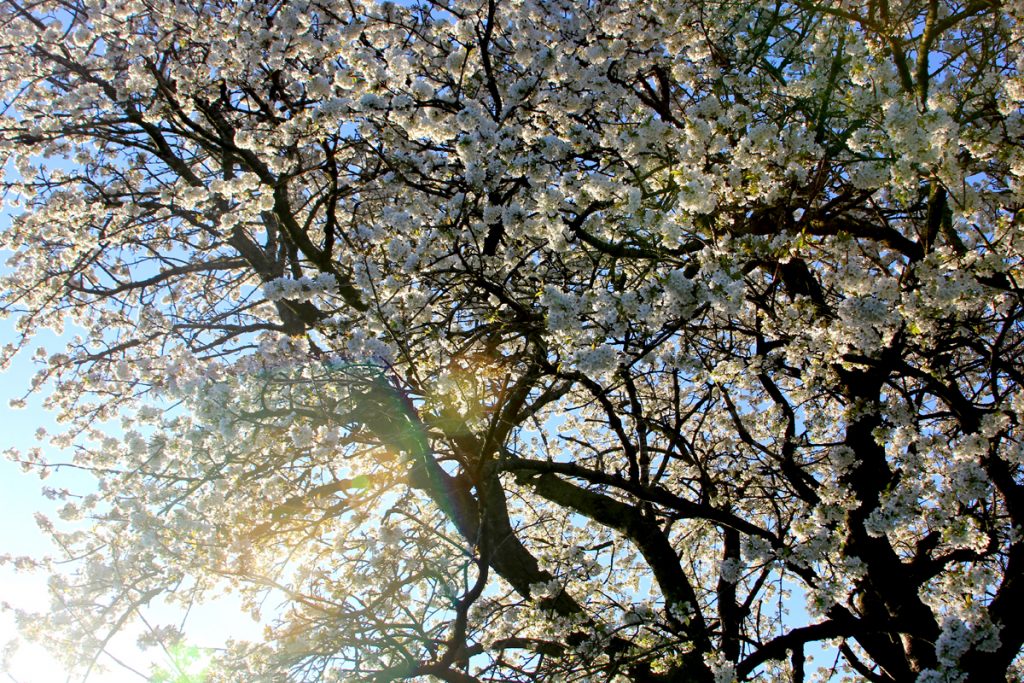I first heard the choice of the new era name while I was falling asleep to the BBC World Service news. Which is why I began the following day half-convinced that there had been a radical break from tradition and we were about to enter the era of ‘Layla’. But no; the Derek and the Dominoes restoration will not occur.
Nevertheless, the choice of the new era name, 令和/Reiwa, has managed to work up a bit of controversy, which is quite an achievement for what is otherwise a fairly obscure process. By ‘obscure process’ I mean a process that I don’t understand. It seems to be one in which the relevant authorities find a sentence in classical Chinese and extract two characters from it to make up a kind of phrase-cum-title which presumably is thought to be auspicious. In this case the Chinese sentence was composed by Ōtomo no Tabito, a general who, in the eighth century, was despatched to quell the Hayato, the less than harmonious natives of southern Kyushu and then became the Governor of Dazaifu, the military post from where Kyushu was governed. He was also a well-known, if second-rate, poet (not one of the 36 Immortals), distinguished by his lyrical celebrations of getting drunk in preference to everything else. But it’s not a poem but the foreword to one section of the Manyōshū from which the two characters have been plucked. This was written to mark the holding of a plum blossom party and the tradition is maintained: every year at plum blossom time a group of ladies, dressed for the occasion in rather elegant ancient costumes, gathers at the remains of the Dazaifu buildings to recite this passage. Not quite as big in scale as the cherry blossom parties but considerably less cloying. Perhaps a group of similarly attired men recite his poems while getting absolutely slammed but it does not seem to be publicised.
Any the relevant sentence is:
于時、初春令月、氣淑風和、梅披鏡前之粉、蘭薫珮後之香
And the two relevant phrases seem to mean ‘a fair month in early spring’ and ‘the air is fresh and the breeze gentle’. Which is all very pleasant. So if we take the meanings as in this sentence, i.e. ‘fair’ and ‘gentle’, we get a hopeful, blossoming peaceful sort of vibe. But it’s the extraction process that I find difficult. 令 is only ‘fair’ in a compound such as令月/fair month, which is unusual to say the least (and apparently modelled on a far older Chinese poem, which makes it both obscure and archaic). By itself, once extracted from this context, it tends to revert to its dictionary definitions and my twelve-volume kanwa dictionary lists ‘fair’ only as the sixth meaning (where the definition is the fairly stolid ‘よい/good’). Otherwise it’s ‘command’, or ‘law’ or ‘official’ and that’s the first range of meanings that comes to (my) mind. I suppose 和/wa/gentle is on safer ground. It means ‘gentle’, ‘harmonious’ (and ‘Japan’); far preferable to 倭/wa (the rather dismissive ancient Chinese name for Japan) which it replaced.
But the government says it’s ‘lovely harmony’ or something like it and it’s their era name. But even so, I can’t help seeing what I see and that really isn’t the official version.
And does that matter?
Nope
And then my mind wanders to Tabito’s more famous son, Ōtomo no Yakamochi, the prime mover of the Manyōshū and one of the 36 Immortals, who is remembered for his determination to protect, and die for, the emperor. His most famous poem was lightly adapted to become the lyric to the hit song, Umi yukaba. But more of that some other time.
For a more authoritative reaction to reiwa and so on:
For the other Ōtomo’s hit song:

